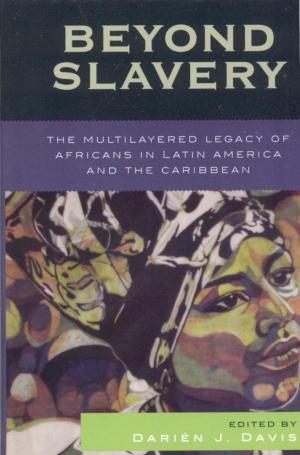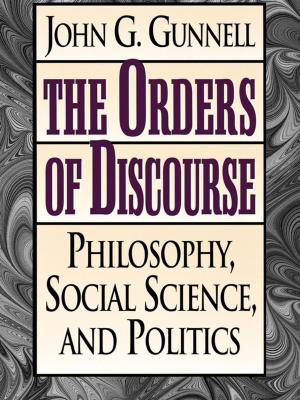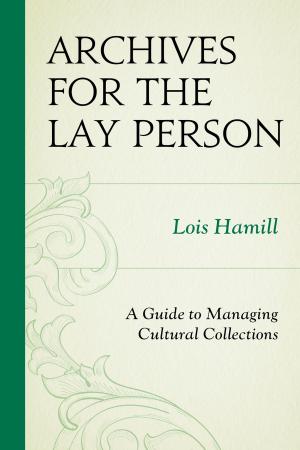Yesterday's Self
Nostalgia and the Immigrant Identity
Nonfiction, Religion & Spirituality, Philosophy, Political| Author: | Andreea Deciu Ritivoi | ISBN: | 9781461622833 |
| Publisher: | Rowman & Littlefield Publishers | Publication: | August 15, 2002 |
| Imprint: | Rowman & Littlefield Publishers | Language: | English |
| Author: | Andreea Deciu Ritivoi |
| ISBN: | 9781461622833 |
| Publisher: | Rowman & Littlefield Publishers |
| Publication: | August 15, 2002 |
| Imprint: | Rowman & Littlefield Publishers |
| Language: | English |
The state of being called nostalgia has a history fraught with ambiguity and poetical connotation. In the late 17th century, nostalgic reminiscences were thought to be the symptoms of a deadly disease that shook one's mind and body. Today, we view nostalgia not as a medical condition, but as a bittersweet recollection of one's past joys and sorrows—the memories and treasures of an earlier self. And yet, there remains a category of individuals for whom such recollection can be seriously problematic: immigrants. In Yesterday's Self, Andreea Ritivoi explores the philosophical and historical dimensions of nostalgia in the lives of immigrants, forging a connection between current trends in the philosophy of identity and intercultural studies. The book considers such questions as, Does attachment to one's native culture preclude or merely influence adaptation into a new culture? Do we fashion our identity in interdependence with others, or do we shape it in a non-contingent frame? Is it possible to assimilate in an unfamiliar world without risking self-alienation? Ritivoi's response: nostalgia is both the poison and the cure in such situations. Documenting the tribulations of sojourners and immigrants, Yesterday's Self illustrates how and why the cultural adjustment of immigrants can only happen when personal identity is understood as a quest for continuity in one's life story, even alongside the most radical cultural rupture. Ultimately, reflection on the nostalgic experience reveals insights into the nature of the self and its dynamic engagement with otherness and difference.
The state of being called nostalgia has a history fraught with ambiguity and poetical connotation. In the late 17th century, nostalgic reminiscences were thought to be the symptoms of a deadly disease that shook one's mind and body. Today, we view nostalgia not as a medical condition, but as a bittersweet recollection of one's past joys and sorrows—the memories and treasures of an earlier self. And yet, there remains a category of individuals for whom such recollection can be seriously problematic: immigrants. In Yesterday's Self, Andreea Ritivoi explores the philosophical and historical dimensions of nostalgia in the lives of immigrants, forging a connection between current trends in the philosophy of identity and intercultural studies. The book considers such questions as, Does attachment to one's native culture preclude or merely influence adaptation into a new culture? Do we fashion our identity in interdependence with others, or do we shape it in a non-contingent frame? Is it possible to assimilate in an unfamiliar world without risking self-alienation? Ritivoi's response: nostalgia is both the poison and the cure in such situations. Documenting the tribulations of sojourners and immigrants, Yesterday's Self illustrates how and why the cultural adjustment of immigrants can only happen when personal identity is understood as a quest for continuity in one's life story, even alongside the most radical cultural rupture. Ultimately, reflection on the nostalgic experience reveals insights into the nature of the self and its dynamic engagement with otherness and difference.















